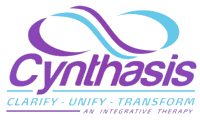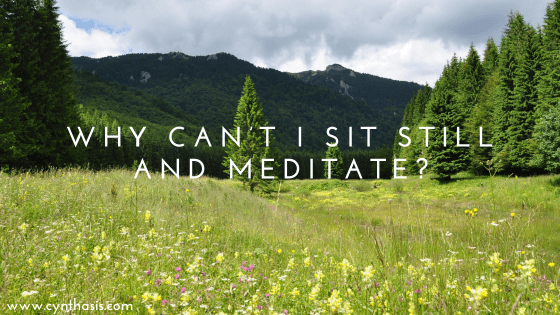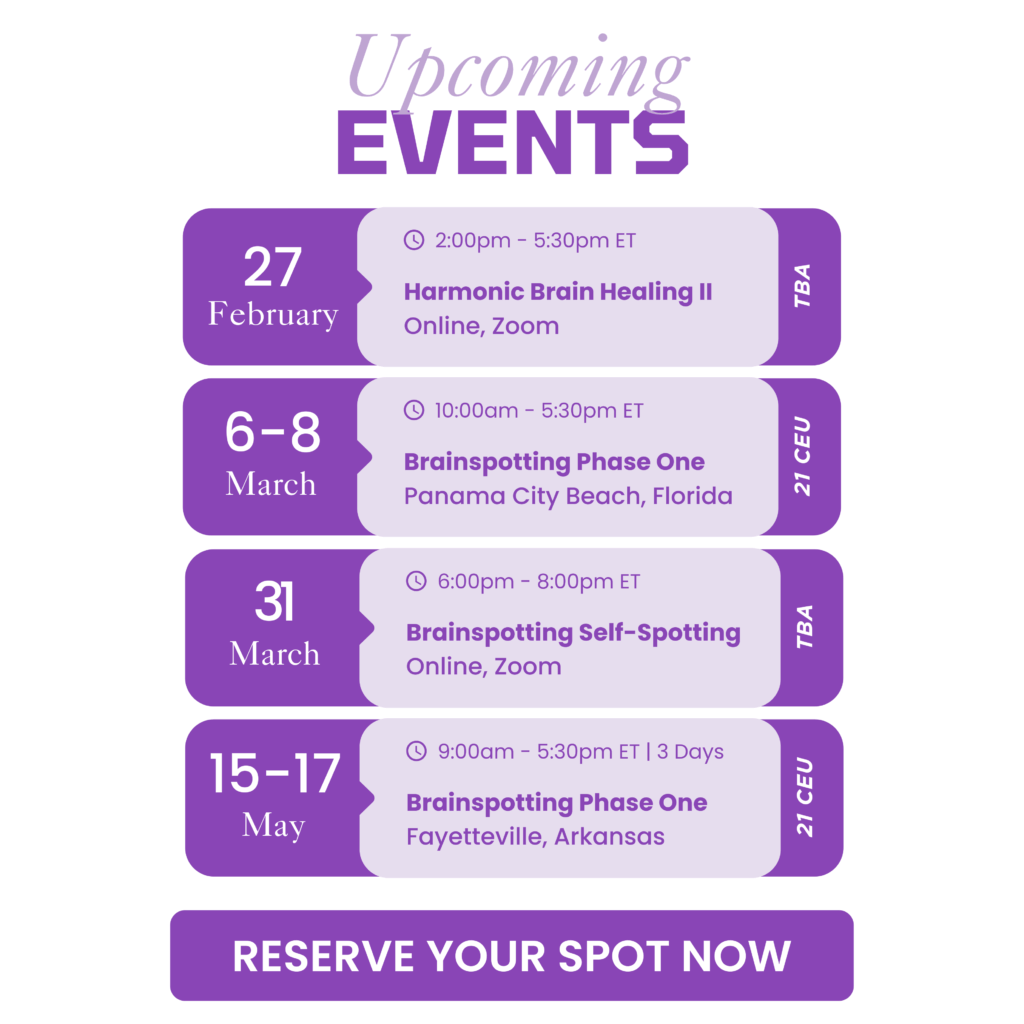I was introduced to Kayaking around the time I lost my mother and got divorced. I needed something to calm my body and soul. A colleague led me to the world of kayaking-it was a game changer. I discovered regular trips to the water soothed me as well as strengthened my body. Kayaking helped me pay attention to the here and now with each moment. One day I was on the water and thought of how grateful I was for every moment of my life that led me to that moment. And out of “the blue,” my phone started speaking with a teaching from the Dali Lama. How it happened was serendipitous, but over time, I discovered kayaking was filled with many such moments. I invite you to try it out.
changer. I discovered regular trips to the water soothed me as well as strengthened my body. Kayaking helped me pay attention to the here and now with each moment. One day I was on the water and thought of how grateful I was for every moment of my life that led me to that moment. And out of “the blue,” my phone started speaking with a teaching from the Dali Lama. How it happened was serendipitous, but over time, I discovered kayaking was filled with many such moments. I invite you to try it out.
Kayaking integrates many things. It’s filled with nature, motion, bilateral stimulation, focused attention, core muscles working and the serene stimulation to our senses.
There is a saying: The river is never the same. Each time I go out on a river, lake or ocean, it is unique and magical. If you can’t get into a boat, try a raft or inner tube to move, float and be in the water. Or simply, just be around some form of water. A sense of peace comes over people in or near water, elevating feelings of happiness.
Marine biologist, Dr. Wallace Nichols, popularized the term Blue Mind Theory due to the profound effects water has on humans. We naturally are drawn to water as 60% of our bodies and 75% of our brains are water. The negative ions from the water release serotonin and reduce blood lactate levels, lowering stress and elevating moods. He has also discovered there is a balance between relaxation and stimulation that happens in our brains around water.
to water as 60% of our bodies and 75% of our brains are water. The negative ions from the water release serotonin and reduce blood lactate levels, lowering stress and elevating moods. He has also discovered there is a balance between relaxation and stimulation that happens in our brains around water.
The Brain-Boosting Effects of Kayaking
Beyond the picturesque, soothing beauty, kayaking can trigger a cascade of benefits for the brain. The rhythmic motion of paddling induces a meditative state, allowing kayakers to clear their minds of clutter and enter a state of mindfulness. This heightened presence in the moment cultivates a deeper connection with nature, a sensation that has been shown to reduce stress and anxiety levels. The gentle bobbing of the  kayak creates a serene environment, where the lapping water and rustling leaves combine to form a soothing symphony for the senses.
kayak creates a serene environment, where the lapping water and rustling leaves combine to form a soothing symphony for the senses.
Engaging in physical activity, such as kayaking, triggers the release of endorphins–nature’s mood enhancers. These neurotransmitters contribute to an improved mood and reduced feelings of stress and depression. The act of navigating through calm or challenging waters also engages in problem-solving and decision-making, stimulating cognitive flexibility and enhancing strategic thinking skills.
The kayaking workout also taps into our hippocampus, a significant segment of your brain primarily accountable for verbal memory and the acquisition of knowledge. Regularly embarking on paddling expeditions, even with a frequency of multiple times per week, contributes to the ongoing enhancement and conditioning of the hippocampus region within the brain.
In addition to toning our brains, kayaking tones our bodies. It improves our cardiovascular health, core muscles and upper back arms, shoulders and chest as we rotate the paddle from one side of the boat to the other. Being in a seated position as you paddle, you need both your torso and leg muscles to keep steady as you go forward. And, as a low-impact activity, your joints and tissues do not get worn out. A win-win activity.
In conclusion, I want to put a shout-out to those in the helping/healing professions. We spend many hours helping others and need time to regroup and focus on our bodies and souls to refresh and replenish as we nurture ourselves and others. Consider kayaking next time you think of a way to plug in and recharge.
Happy voyage!
Resources:
https://www.betterhealth.vic.gov.au/health/healthyliving/canoeing-and-kayaking-health-benefits#bhc-content
https://www.blueminding.com/blue-mind
https://www.blazinpaddles.com/fuel-for-the-soul-physical-and-mental-health-benefits-of-kayaking/
this is for the next section which I lost please put it with a picure of lake in with pictures.








